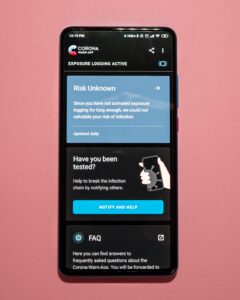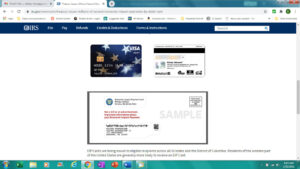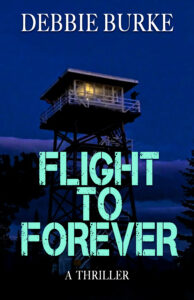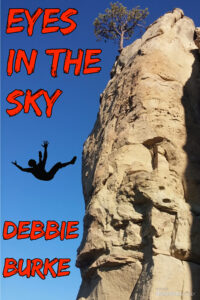By Debbie Burke
The pandemic has provided new opportunities to enrich scammers. For today’s True Crime Thursday, I’m highlighting two popular schemes that thieves developed to profit from COVID 19.
First scheme: Economic Impact Payments.
Your phone rings and caller ID says it’s the IRS.
Gulp! Your heart speeds up.
The caller claims to be an IRS agent. He or she sounds authoritative and convincing, offering a name (fake) and ID badge number (also fake). They may even already know some personal information about you.
They claim you owe the IRS money and demand you make immediate payment.
But, being compassionate, understanding folks, they offer several options they’ll accept for payment–such as a pre-paid debit card or wire transfer…
Or…
You can sign over your economic stimulus payment check and send it to them, endorsing it as “payment for past debts.”
If you don’t comply, the formerly compassionate, understanding caller becomes aggressive and threatens you with arrest.
Variation: They claim you’re owed a refund but they need personal information before they send it to you.
Reality: Scammers can easily spoof the supposed IRS number. They often impersonate IRS agents, law enforcement, or other officials to intimidate their targeted victim.
The IRS may call you but their first contact is generally by mail.
They do not demand payment by pre-paid debit cards. They do not request credit or debit card numbers over the phone.
If the caller becomes abusive, the IRS advises you to hang up immediately.
Variation: phishing by email or text – You receive an email, text, or message through social media, claiming to be from the IRS. The sender address appears similar to IRS.gov but may be IRSgov (no dot).
It claims you need to update your information or that you’re owed a refund. It instructs you to click on a link that takes you to an official-appearing IRS site. There, you are prompted to enter personal information like Social Security number, bank accounts, PINs, etc.
Reality: The IRS will never contact you by text or social media. They do however use email to contact you. Always study the sender’s address carefully.
If you click on a phony link and answer the questions, thieves have your personal information. They can then file fraudulent tax returns to obtain refunds.
Even worse, clicking on the link may install malware that gives criminals access to your computer where they can steal sensitive information like passwords.
If you have doubts that a call or email is legitimate, the IRS advises you contact them directly through the IRS.gov website.
Here’s a link to IRS scam warnings: https://www.irs.gov/compliance/criminal-investigation/irs-warns-about-covid-19-economic-impact-payment-fraud
Another wrinkle in economic stimulus payments is causing confusion. Your second payment may come in a different form than your first payment did.
The first payment may have been direct-deposited into your bank account or you might have received a check from U.S. Treasury.
But the second payment may arrive by mail as a VISA debit card. Because the envelope does not look like the typical IRS check, many people think it’s advertising or a solicitation and toss it.
Here’s what it looks like (click to enlarge):
The return address on the envelope has a Dept. of Treasury logo and says Economic Impact Payment Card from a P.O. Box in Omaha, NE.
Even though it looks peculiar, the VISA card is valid.
~~~
Second scheme: Vaccine scams
You receive a phone call from the Social Security Administration or Pfizer, the drug company manufacturing COVID 19 vaccines.
At least that’s what Caller ID says.
The caller invites you to sign up to receive the vaccine.You only need to give them your Social Security number, Medicare number, bank account, and credit card information.
Further, the caller claims you can be placed higher on the priority list to receive the vaccine if you pay a fee.
Reality: According to attorney Steve Weisman in a recent Saturday Evening Post article,
“The truth is that the Social Security Administration is not calling anyone about getting the vaccine, and no one is being asked to pay a fee to be put on a priority list to receive the vaccine. This is just a scam to get your personal information and use it to make you a victim of identity theft.”
Vaccine scammers also employ email messages and texts, like those described above by the IRS, to trick the recipient into clicking on malicious links.
~~~
Yes, in fact, there is a special list that gives preferential attention to seniors. Unfortunately, it’s the Scammers’ Roster of Favorite Prey.
Please watch out for vulnerable friends and family who might be on that most-favored list.
~~~
TKZers: Have you been contacted by someone impersonating the IRS, Social Security Administration, or a drug manufacturer?
Do you know anyone who’s been defrauded by COVID 19 scams? Please share that experience.
~~~
Debbie Burke’s new thriller Flight to Forever features a pair of plucky senior outlaws on the lam. Please check out the book here.







